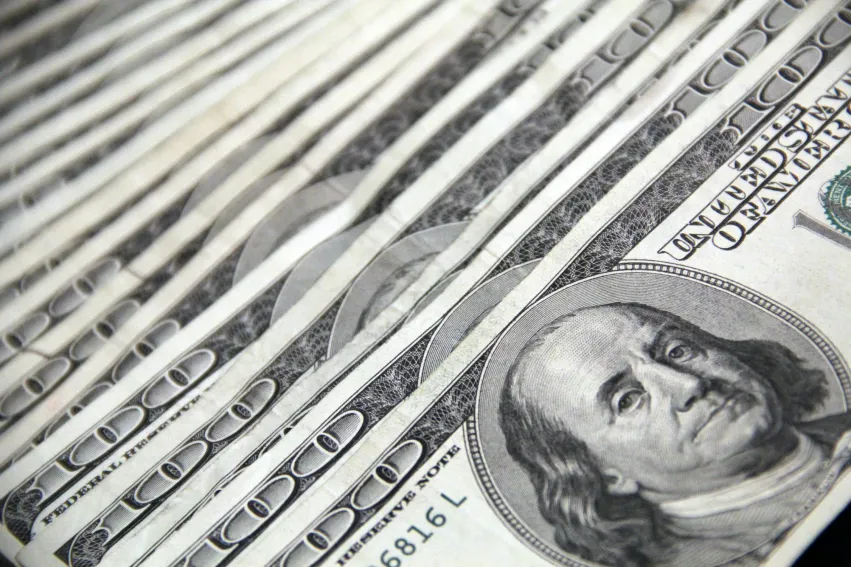
South Korean banks' FX deposits hit record $87.4b in July
Dollar deposits gained $2.76b during the month.
South Korean banks’ foreign currency deposits hit a record $87.4b as of end-July, up $2.87b from the previous month, reports Yonhap News Agency, based on central bank data.
This marked the largest FX deposit value since the Bank of Korea (BOK) began compiling related data in June 2012.
The dollar-denominated deposits rose $2.76b on-month to $76.2b on the back of savings by securities firms and exporters.
Meanwhile, yuan-denominated deposits gained $180m to $1.62b.
Residents include local citizens, foreigners staying here for more than six months and foreign companies. The data excludes interbank foreign currency deposits.
Companies amounted for $69.7b of the deposits as of end-July, up $2.56b from the previous month.
On the other hand, deposits held by individuals increased $310m on-month to reach $17.7 billion, said BOK.
Photo courtesy of Pexels.



















 Advertise
Advertise













